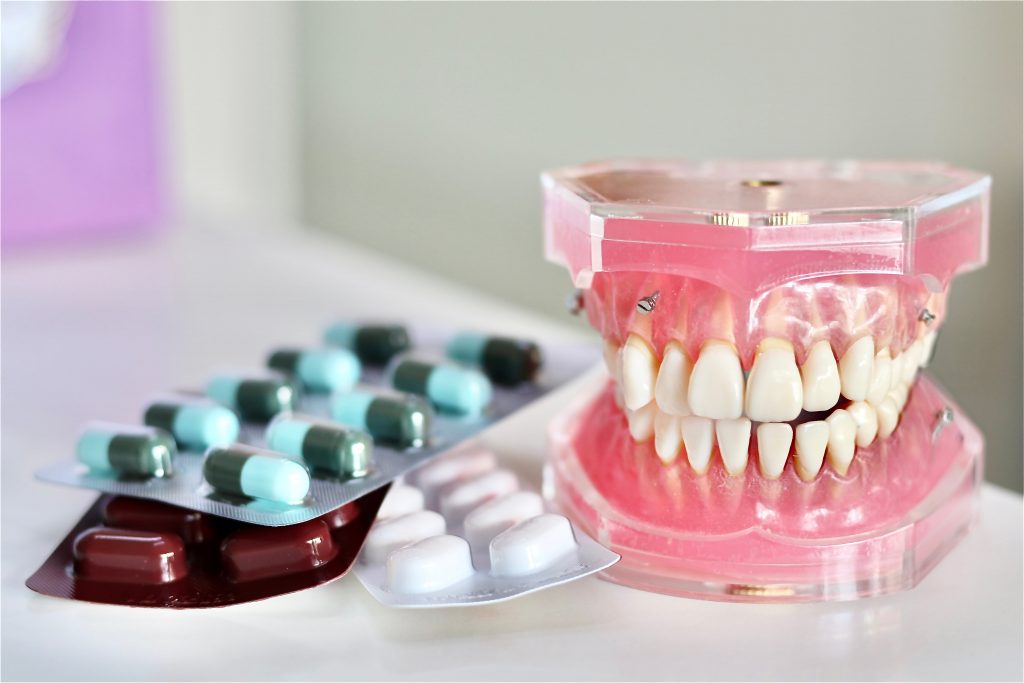
Do you experience jaw pain or headaches? You might have TMJ disorder. Here’s how to recognize the signs and get the right treatment.
Temporomandibular Joint (TMJ) disorder can disrupt your daily life, causing jaw pain, headaches, and difficulty chewing or talking. Recognizing the symptoms is the first step towards finding relief.
Signs of TMJ Disorder
Jaw Pain and Tenderness: If you feel pain or tenderness in your jaw joint and surrounding muscles, it could be a sign of TMJ disorder.
Limited Jaw Movement: Difficulty or discomfort while chewing, talking, or fully opening your mouth may indicate TMJ dysfunction.
Clicking or Popping Sounds: Audible sounds, like clicking or popping, when moving your jaw can be a symptom of TMJ disorder.
Headaches and Ear Pain: TMJ dysfunction may lead to headaches, ear pain, or a sensation of fullness in the ears.
Diagnosis and Treatment
Clinical Evaluation: A specialist will conduct a thorough examination to assess jaw movement, muscle tenderness, and joint sounds.
Advanced Imaging Technologies: Cone Beam Computed Tomography (CBCT), Magnetic Resonance Imaging (MRI), and Panoramic X-rays help visualize the joints and identify structural abnormalities.
Conservative Approaches: Lifestyle changes, medications, physical therapy, and occlusal splints or mouthguards can alleviate symptoms.
Innovative Treatments: Joint Vibration Analysis (JVA), Electromyography (EMG), BOTOX®, and dental deprogrammers offer advanced solutions for TMJ disorder.
When to Seek Treatment
If you experience persistent jaw pain, headaches, or difficulty chewing, it’s essential to consult a dental or medical professional. Early diagnosis and treatment can prevent further complications and improve your quality of life.
At Chicago Loop Dentistry, we specialize in TMJ disorder diagnosis and treatment. Contact us today to schedule an appointment and take the first step towards relief.
Don’t let TMJ disorder control your life. Recognize the signs, seek professional help, and reclaim your comfort and well-being.





